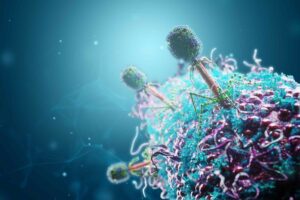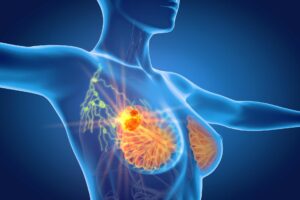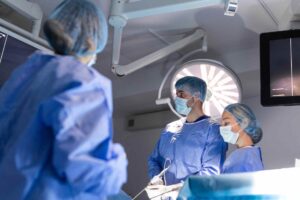obesity
Gastroenterology
Phages could be used as a drug delivery system for conditions such as inflammation and obesity.
Industry
Positive results from Phase 1 trial of BL-001, an innovative live biotherapeutic product (LBP) designed to replicate the metabolic effects of the ketogenic diet.
Video
The discussion with Professor Alessio Fasano highlights the complex interplay between homeostatic, hedonic, and microbiota-driven mechanisms in regulating hunger.
Gastroenterology, Pediatrics
The findings suggest that the composition of the gut microbiota in early life is not a key factor in obesity risk.
Nutrition
A recent study highlights the role of specific obesogenic microbes suggesting potential interventions through targeted regulation of M. rupellensis and myo-inositol metabolism.
Gastroenterology, Nutrition
The findings of a recent study suggest that Desulfovibrio can drive cancer progression, paving the way for therapeutic approached that targeting the gut microbiota.
Gastroenterology, Nutrition
Although a causative relationship between obesity and gut microbes remains unclear, microbiota-based treatments may help to combat obesity.
Pediatrics
The findings of a recent study suggest that the microbiota-derived metabolite phenyllactic acid can prevent antibiotic-associated obesity in early life.
Video
Karl Alex Hedin (Technical University of Denmark) talks about the potential role of genetically engineering Saccharomyces boulardii to produce an anti-obesity peptide.
Gastroenterology
The findings of a recent study suggest that the gut microbiota contributes to improve metabolic health after gastric bypass surgery.













